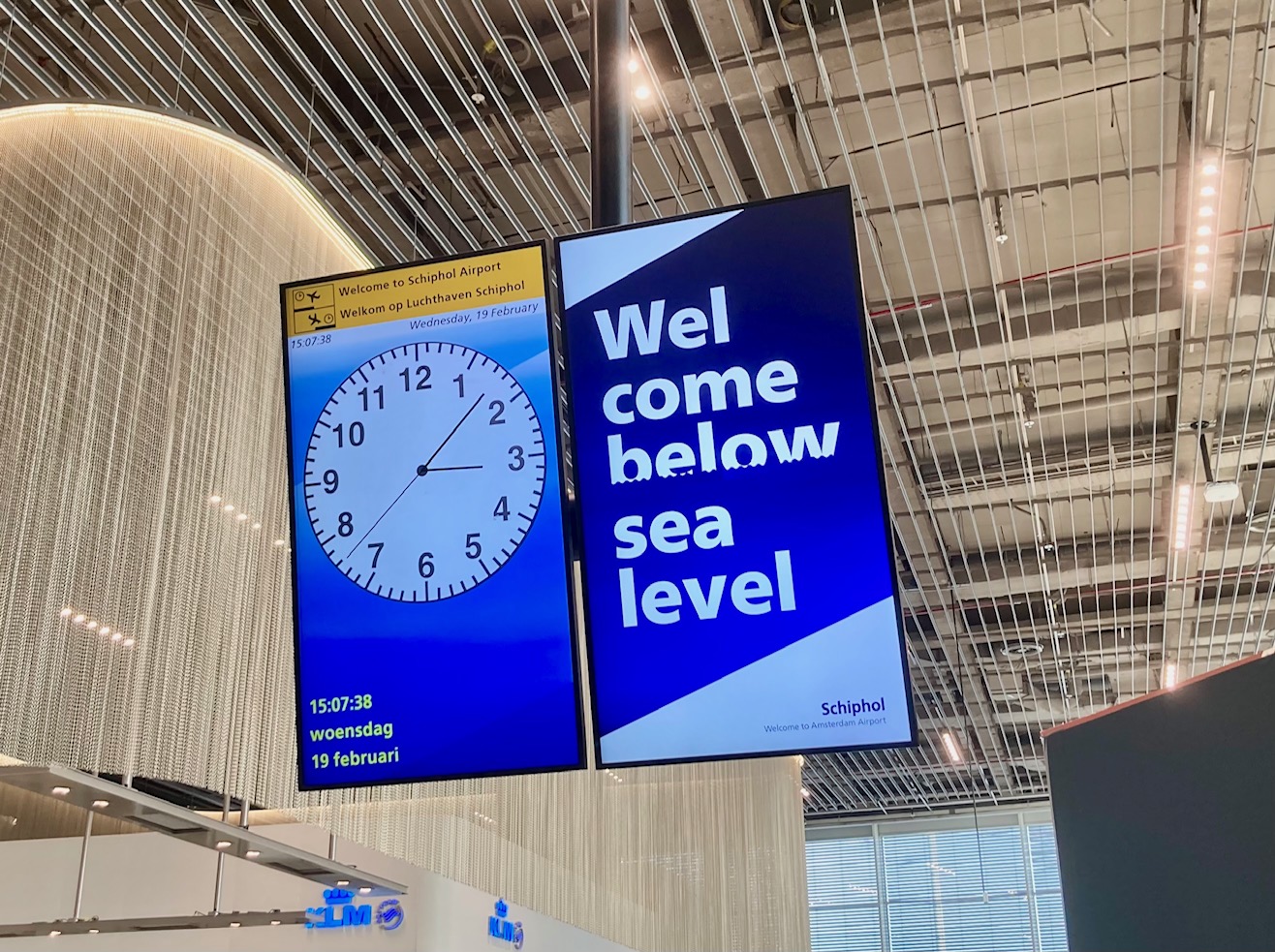Brussels finds shortcomings in Schiphol flight reduction plan

The European Commission said on Wednesday it had no major objections to the cabinet’s plans to cut flights at Schiphol Airport from a maximum of 500,000 to 478,000 but said it had “identified some shortcomings” in the proposals.
The plan only focuses on noise created by commercial aviation, the commission said, even though private and medical aviation also contribute to noise pollution. Nor did officials consider “sufficiently” the impact of fleet renewal or innovation in terms of landing and other techniques.
Under EU targets, some 30% of the European population should experience less noise from transport, and this plan will contribute to that, the commission said. The Dutch government target is 20% and it expects these plans to reduce noise pollution by 15%.
“With regards to the remaining 5% noise reduction, the Netherlands should first monitor the effects of the already notified measures and adjust them if appropriate,” the commission said.
The government has been discussing cuts to the number of take-offs and landings at Schiphol since June 2022, when the target was set at 440,000. That decision led to protests from airlines and from the US because of the likely impact on transatlantic flights.
The protests resulted in several court cases, culminating in a high court ruling that said the cuts first had to be approved by Brussels, hence today’s announcement.
The commission’s ruling does not mean the cuts can now go ahead. The government must first study the decision and then report back to the commission before introducing the operating restrictions.
The airport and airlines are embroiled in several other legal cases about noise and other pollution at Schiphol.
In December, a group of local residents said they were preparing to make a formal complaint of mishandeling or failing to take due care, of their health.
The state and KLM and Transavia, which are the “two biggest night noise makers”, are responsible for an attack on their health because for “for years people have been robbed of their sleep due to excessive noise nuisance”, the complainants say.
Pollution rights
Campaign groups have also taken the state to court in two other legal battles involving Schiphol noise and pollution rights. Since 2019, companies that emit large amounts of nitrogen should have an operating permit that details how much nitrogen they are allowed to discharge. Schiphol had been operating without a permit for years, and the government had turned a blind eye to the situation.
In 2023, Schiphol bought nine farms in order to use their nitrogen pollution rights as its own and later that year was controversially given its own permit, which allowed it to carry out 500,000 take-offs and landings a year.
But campaign groups say Schiphol was wrongly awarded the permit and are fighting it in court. They argue Schiphol has failed to prove its emissions remain within the agreed limits and that the calculations that have been done are insufficient.
Thank you for donating to DutchNews.nl.
We could not provide the Dutch News service, and keep it free of charge, without the generous support of our readers. Your donations allow us to report on issues you tell us matter, and provide you with a summary of the most important Dutch news each day.
Make a donation